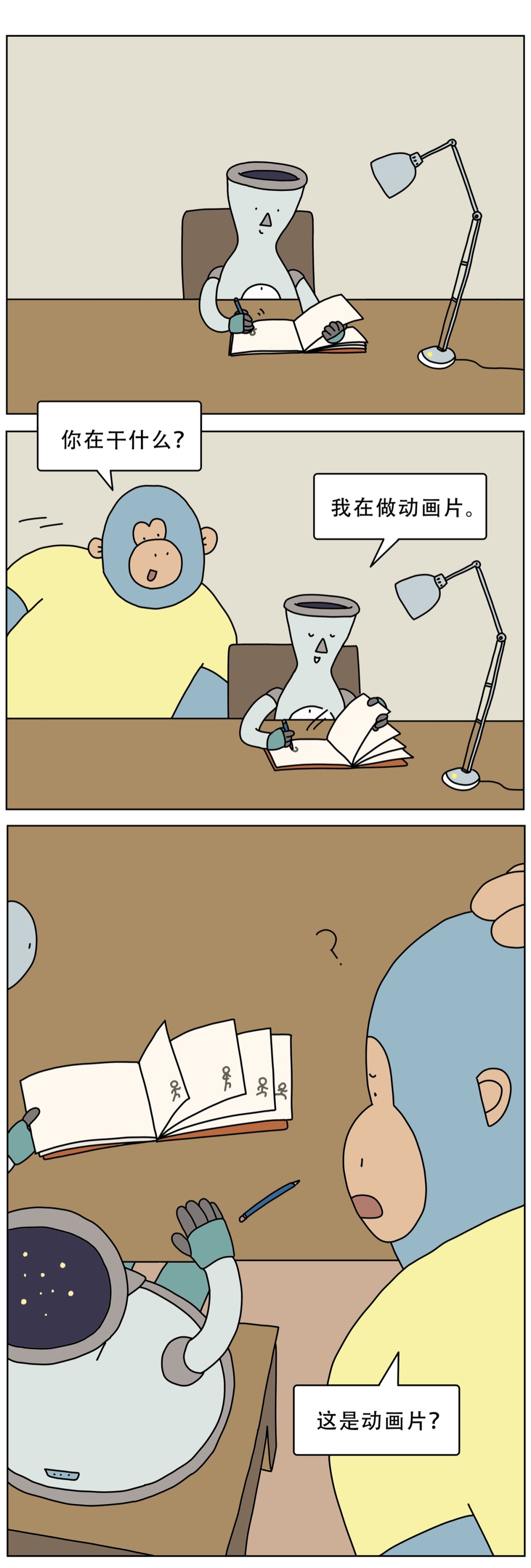[Ji Shi • Say] Suddenly Wenfeng until the small summer is followed
Author:Shijiazhuang Daily client Time:2022.07.07
Xiaoshu is the eleventh solar terms in the twenty -four solar terms. Xiaoshu began to enter Futian. The so -called "heat in Sanfu", Sanfu Tian usually appeared between the small summer and the summer heat. It was the highest temperature and humid and sultry period of the year. However, for crops, the rain and heat were conducive to growth at the same time. What are the characteristics of the waiting characteristics and traditional customs of Xiaoshu? Listen to what Liang Yong, a librarian of the History and History Research Museum of Hebei Province.
Liang Yong, a librarian at Hebei Province Cultural and History Research Museum: Xiaoshu is one of the 24 solar terms in China. It is the fifth solar term in summer. According to the ancient Chinese tradition, it is when the sun is directly at 105 degrees. In the ancient literature, "The Seventy -two Settlement of the Seventy -two Month", Xiaoshu is the summer summer of summer. Summer, hot.

Liang Yong, a librarian at Hebei Province Cultural and History Research Museum: But Xiaoshu is not the hottest time, and now our northern hemisphere has begun to be hot, but it has not yet reached the hottest time. There was a proverb in ancient China: "Cold in Sanjiu, hot in three volts." Xiaoshu is between the beginning and the middle, so it has just begun to get hot. In ancient China, the twenty -four solar terms were divided into seventy -two, and the five days were once, and in the book "Seventy -two Top 72 Settlement", the three trees of Xiaoshu were waiting for the warmth. The warmth is hot, and the wind is hot wind. We all feel these days, not only hot, but also tide. In the second place, I lived in Yuyu.阳 also feels hot. When the sun is straight, it finds cool and under the eaves. Three eagles began. The goshawk is hot, so it is high, and the altitude is high, it is cool, the goshawk grabbing birds in the air.

Liang Yong, a librarian in the History and History Research Museum of Hebei Province: In ancient China, there were many poems about Xiaoshu, especially the poets of the Tang Dynasty wrote a lot of poems about Xiaoshu. Among them, I felt the most exciting among the twenty -four solar terms written by Yuan Yan, who had been the prime minister. Through a poem, he basically explained the most typical characteristics of Xiaoshu. For example, he wrote: "Hearing cicada everywhere, notice in the middle of June." There is also a phrase "frequent rainfall flying electricity, Xingyun has repeatedly brought rainbow." I think this poem is wonderful? First, cicada, thunder often, and rainbow after the rain. So he reflected the climate characteristics of Xiaoshu this season with a poem classic.

Liang Yong, a librarian at the Hebei Provincial Cultural and History Research Museum: In terms of agriculture, Qiuzhuang family has reached the peak production season. When grouting and dumping, there are many rain and water this season. Pay attention to flood prevention and drainage.

Liang Yong, a librarian of the Hebei Provincial Cultural and History Research Museum: Xiao Shi is a series of folk customs in China, especially the great land of China, and is a multi -ethnic country. There are several types of folklore in Hebei, one of the folklores, one is the early adopters, that is, the food harvested in summer. We must enjoy it, especially we are the wheat agricultural area. Now the wheat is harvested. In this season, roll noodles to make dumplings. On the one hand, it is the heat prevention, and on the other hand, to increase nutrition and enjoy the joy of harvest.

Second, called the drying festival. In the past, the scholars and literati of the scholars and literati were wired in the family. They were afraid of insects and wet. They immediately entered the sauna. The air humidity was very large. Especially those who have a collection, there is no air conditioner in the past. When the sun is good, you must put this book in the courtyard to dry it to prevent it from raising mildew and preventing it.

Third, eat Fu Sheep. Because the body consumes a lot in summer, the sheep in this season is when the most nutritious is the most nutritious, and they drink dew, eat rich grass, and many rich villages will slaughter sheep, and then give it to everyone to eat.

Liang Yong, a librarian at the Hebei Provincial Cultural and History Research Museum: Another custom is to cool down and prevent heat from the heat. In the countryside, picking wicker from the tree, then compiled it into a straw hat, put it onto the head, and put on the ground with a little water to wear on the head to cool down. When children play in the field, they can also use this method to make a small hat on their heads and cover it with leaves. At the same time, Xiaoshu soil also benefits green tea. Tea is very common in Hebei. The four major porcelain kiln in Hebei has burned a lot of very exquisite tea vessels, such as Lingzhou Kiln, Xing Kiln, Hengzhou Kiln, and Dingzhou Kiln. There are many exquisite teas in these four porcelain kiln.

Liang Yong, a librarian at Hebei Province Cultural and History Research Museum: There is also a wisdom in ancient China, which is called a cold pillow. The earliest time was to cool down the pillow under the head to cool down the head to cool down. Later, the four major porcelain kiln in Hebei began to burn porcelain pillows, especially Dingyao and Congzhou Kiln fired a lot of porcelain pillows, becoming a classic aesthetic art and practical porcelain full of traditional Chinese aesthetics.


Source: Hebei Radio and Television Station Jishi Client
- END -
How do you love the cartoons you love to watch?

The following article comes from WeChat public account: minimalist history, the au...
Cover exclusive | "Selected Works of Dai Wei Calligraphy": Sixty years with a knife, the heavens and the earth are wide between the square inches

Cover Journalist Yang FanAs a rare artistic all -talented talent in Chinese painti...